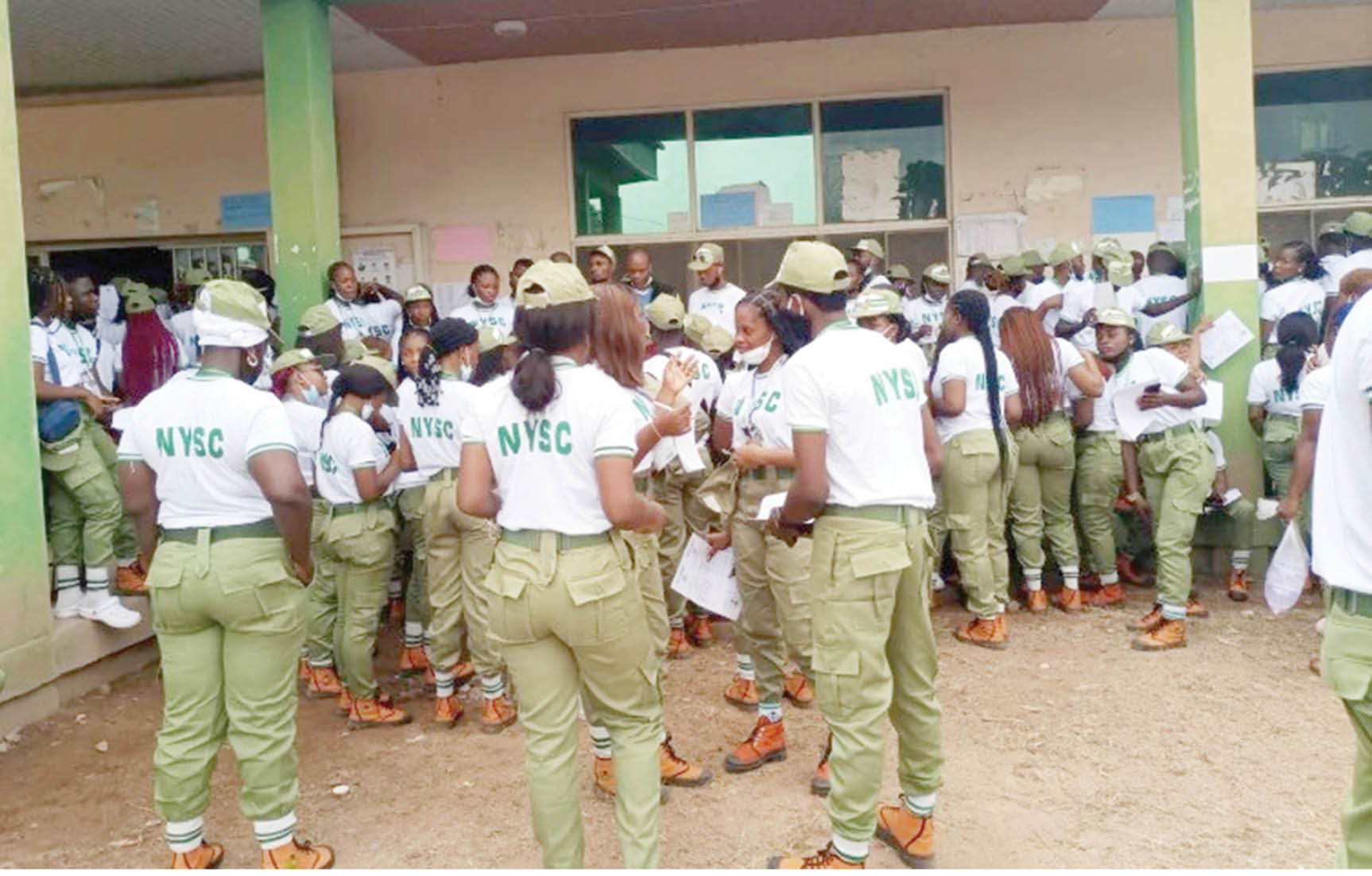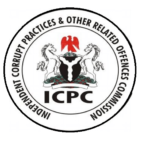The Independent Corrupt Practices and Other Related Offences Commission (ICPC) yesterday said it had shut down 62 illegal degree-awarding institutions in the country.
It said it closed down a fake NYSC orientation camp in its bid to tackle corruption in the education sector.
Chairman, ICPC, Prof. Bolaji Owasanoye, disclosed this in Abuja at a Youth Dialogue on Corruption in Tertiary Institutions organised by the ICPC for members of anti-corruption vanguards from five tertiary institutions in the FCT.
Bompai market: Court orders police to investigate 2 Kano agencies’ MDs
Brain drain: Nigeria left with 24,000 doctors – NMA
Owasanoye, represented by Hannatu Mohammed, ICPC Board member in-charge of youths, said that the commission had since prosecuted the perpetrators.
He said the ICPC set up the anti-corruption vanguards in schools to push the fight against corruption in the education sector, particularly tertiary institutions.
“The vanguards equip the student members with the capacity to develop zero tolerance for corruption and to inculcate attitudinal change among their fellow students.
“The vanguards also enable the students to assist the management of their various institutions to effectively reduce corruption in the education system,” he said.
Owasanoye said the ICPC had also conducted system study and review in the university system to identify operations that provided leeway for corruption to thrive.
He the study discovered various infractions in the university system such as bribery, gratification, sexual harassment and sexual inducement, examination malpractices, over-invoicing, over-inflation contract values, award of contracts to oneself and cronies, sale of substandard hand-outs to students, absenteeism, admission racketeering and certificate forgery.
He said the commission had since articulated its findings and recommended effective and workable solutions and forwarded it to the Minister of Education for implementation.
In a keynote address, Prof. Williams Barnabas, Vice Chancellor, Bingham University, called for proper scrutiny of students entering tertiary institutions to ensure they have the right maturity and moral background and are willing to develop life skills instead of cutting corners.
Barnabas noted that corruption in tertiary institutions impacts significantly on the availability and quality of educational goods and services and has consequences on access, quality and equity in education.
He listed corrupt practices by academic staff as including shrinking hours spent in classroom teaching, using teaching time for private business, and grades inflation among others.
The vice chancellor added that parents also push students into corruption by buying grades or bribing lecturers for good grades for their children. (NAN)

 Join Daily Trust WhatsApp Community For Quick Access To News and Happenings Around You.
Join Daily Trust WhatsApp Community For Quick Access To News and Happenings Around You.

